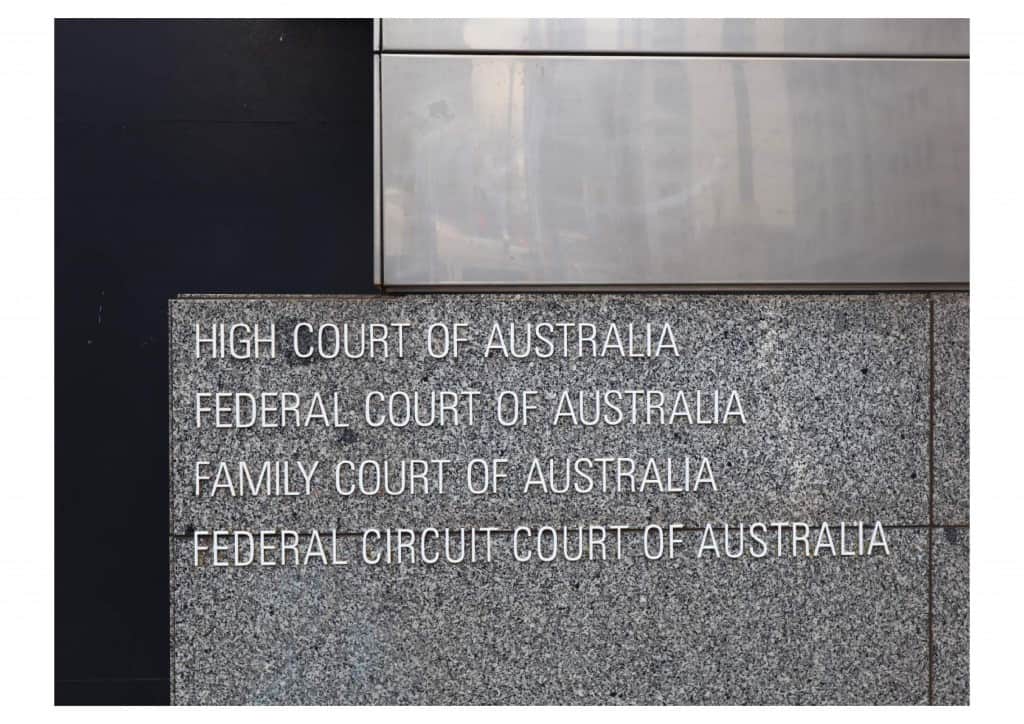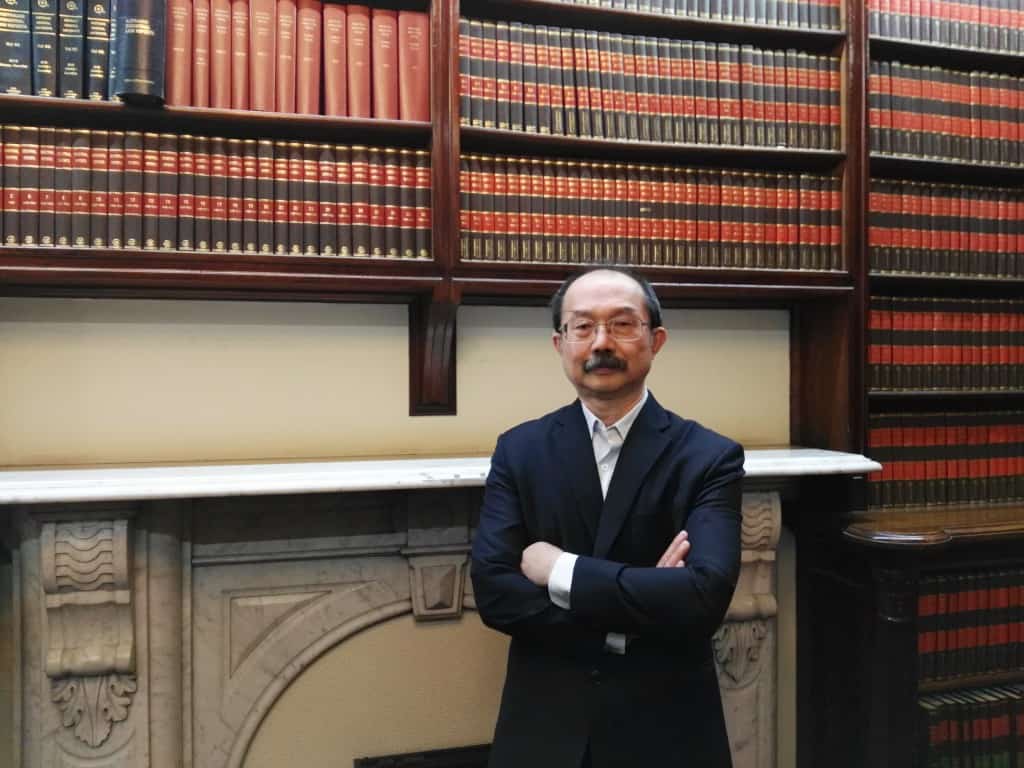
Appealing visa cancellation & refusal from the AAT to FCC (Federal Circuit Court) arguing that the AAT failed to engage in an active intellectual way with evidence and/or submissions provided.
In the case of EGH19 v Minister for Home Affairs [2020] FCA 692, EGH19 advised the Minister that he relied upon the AAT’s findings as reasons why his visa should not be refused due to failing the character test. The Minister’s delegate provided the Minister with a submission indicating that:
- If the Minister refuse to grant EGH19 a Protection visa, he will become an unlawful non-citizen who will be detained under s 189 and kept in immigration detention pending his removal under s 198 or is granted a visa.
- There is no known prospect of removing EGH19 to another country other than his country of origin. If s 198 is enforced, EGH19 will be removed to his home country which is in breach of non-refoulement obligations. However, under s 197C(1) for the purposes of s 198 it is irrelevant whether Australia has non-refoulement obligations in respect of EGH19.
- If the Minister refused to grant EGH19 a Protection visa, if would be open to the Minister to consider making a residence determination under s 197AB to enable EGH19 to reside in the community (a s 197AB determination is still considered to be ‘detained’).
- The Minister may also intervene under s 195A to grant EGH19 another visa. If the Minister does not intervene, EGH19 must be removed to his home country.
- If the Minister refuse to grant EGH19 a Protection visa, he will be prevented by s 501E from making an application for another visa, other than a Protection visa but is prevented by s 48A unless waived under s 48B or a Bridging R visa (reg. 2.12AA). EGH19 could only apply for Bridging R visa if he is invited.
In EGH19’s case, the AAT was not satisfied with his Convention claims but was satisfied that his claims come under s 36(2)(aa) as there was a real risk that he would be arbitrarily deprived of his life if returned to his home country (Complementary Protection).
Appealing visa cancellation & refusal, EGH19 claim there was jurisdictional error because of a decision-maker’s failure meaningfully to engage with a claim or submission are set out in cases such as Carrascalo v MIBP [2017] FCAFC 107, 252 FCR 352; EVK18 v Minister for Home Affairs [2020] FCAFC 49; Minister for Home Affairs v Omar [2019] FCAFC 188; 373 ALR 569; GBV18 v Minister for Home Affairs [2020] FCAFC 17; AXT19 v Minister for Home Affairs [2020] FCAFC 32; and SYLN v Minister for Immigration, Citizenship, Migrant Services and Multicultural Affairs [2019] FCA 1986 at [106] to [110].
In EGH19’s case, before the Minister exercise s 501(1) to refuse his Protection visa (click here to learn more), natural justice requires the Minister to provide him with an opportunity to respond to a proposal to refuse his visa application. EGH19 should have been given the opportunity to make submissions or representations. This is important in the Minister’s determination of whether he should exercise the power under s 501(1) to refuse to grant EGH19 a visa if the Minister is not satisfied that he passes the character test. The Minister is obliged to give meaningful consideration to a submission which is squarely raised or clearly articulated (at [51]).
In appealing visa cancellation & refusal, the decision-maker must not simply repeat the relevant claim but has gone further and demonstrate an understanding of the factual basis upon which the claim has been made (EVK18 v Minister for Home Affairs [2020] FCAFC 49). The terms “acknowledge”, “note” and “I have taken into account” need to be read in context with a view to assessing whether they simply repeat the claim or submission which has been made or rather whether they are to be understood as an acceptance by the decision-maker that there is a factual substance to the claim or submission (EVK18). It is not enough simply summarising the claims made and thereafter make no attempt to go back and try to relate those claims to the material relied upon and to each of the matters raised for consideration. The decision-maker must make specific findings of fact as part of the process of giving meaningful consideration to a claim (or submission) which has been clearly articulated (GBV18 at [32]).
In EGH19’s case, the Minister has failed to make relevant findings underpinning his conclusion that non-refoulement obligations exists. The Minister should not have address EGH19’s complementary protection claims at a level of generality as it does not meet the requirements of a meaningful consideration of EGH19’s submission (at [52], [54] and p55)). Here, the Minister needed to squarely grapple with EGH19’s submission in relation to complementary protection and make relevant findings in order lawfully to weigh up the competing considerations which were relevant to the exercise of the discretion under s 501(1). The Court accepted that EGH19’s criminal offending is serious but whether or not it is outweighed by non-refoulement obligations required the Minister to make relevant findings which underpinned a conclusion that non-refoulement obligations were owed (at [61]). The Court further said that the Minister simply failed to turn his mind actively to analyse and make relevant findings in respect of EGH19’s claim for complementary protection. This failure is more serious when the claims had been accepted by the AAT. The Court said (at [63]) that when exercising s 501(1) the Minister must act in accordance with legal requirements, which include giving meaningful consideration to clearly articulated submissions that have been made by EGH19 and making specific findings of fact in accordance with caselaw.
You should not that in some situations, there is a duty imposed on the decision-maker to make an inquire to ascertain fact and failing to make that inquiry may be an error of law, click here to learn more.
Self-represented
If you are not legally represented, the Court has to remain astute and alert to any possible error in the AAT’s decision: MZAIB V MIBP [2015] FCA 1392. What this mean is that the Minister will usually assist the Court with identifying any errors not identified and not raised by self-represented litigant.
For e.g. in Samah v Minister for Immigration & Anor [2020] FCCA 2868, the Minister advised the Court that the Tribunal adopted the Department’s decision without the required level of analysis and, in so doing, failed in its (Tribunal’s) statutory duty to review the Department’s decision. The Court agreed that the Tribunal’s conclusion is based on its assessment that the Department’s reason. The Court said (at [73]) that the Tribunal’s findings do not amount to an active consideration of the issue at hand – an active consideration that is required before it can be concluded that the visa should be cancelled. In short, the Tribunal failed to exercise its jurisdiction. It did not comply with its statutory duty to review the Department’s decision.
Click here to learn more about representing yourself at the FCC.
Futility
Sometimes the Court may not remit the matter back to the Tribunal even if the Court finds the Tribunal had committed an error of law. For e.g. if your Subclass 482 visa required you to work for the employer who sponsored you but your sponsor’s business ceased and you are unable to find another employer to sponsor you. As you no longer work for your sponsor, you are in breach of Condition 8107 and you are unable to find another sponsor. The Court may, in this situation, will find it futile to send your case back to the Tribunal.
In another example, the Court may not remit your case back to the Tribunal because your visa has already expired even though under sections 37A, 133 and 134D of the Migration Act, the Minister can extend the period in which a visa is in effect.
In Patel v Minister for Immigration & Anor [2014] FCCA 2000 and Makwasa v Minister for Home Affairs & Anor [2018] FCCA 1179, the Court found where the student visas under review had expired, it would be an exercise in futility to grant relief as any relief would have no practical consequence.
Click here for a comprehensive list of reasons you may use to appeal AAT’s refusal.
Australian migration law is complex and difficult to understand, contact our immigration lawyer for a consultation (fee applies) regarding your visa cancellation or visa refusal or appealing visa cancellation & refusal.

 041 222 4020 or WeChat: AUDvisa
041 222 4020 or WeChat: AUDvisa
This article is not intended to be or taken as migration legal advice. The author of this article disclaims any liability for any action or omission on the information provided or not provided in this article. You should always consult an immigration lawyer or a registered migration agent to form an informed opinion on your immigration matter.



